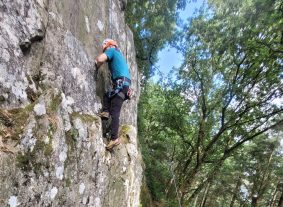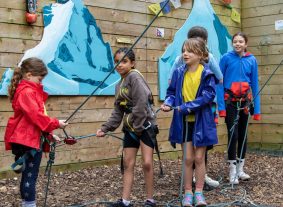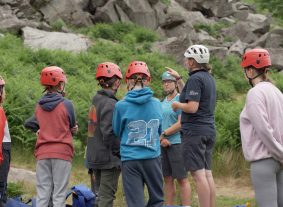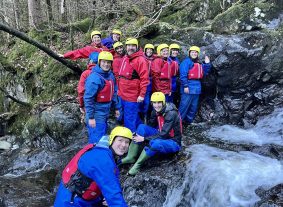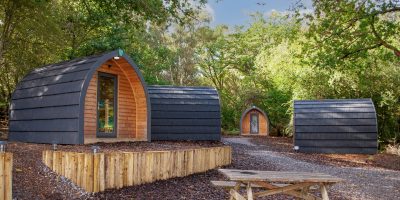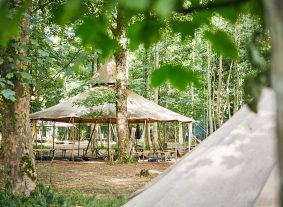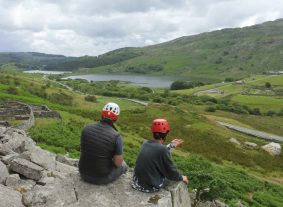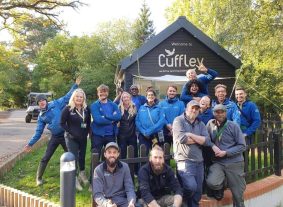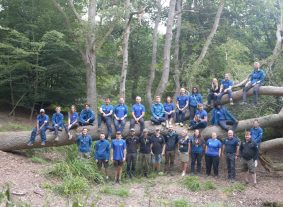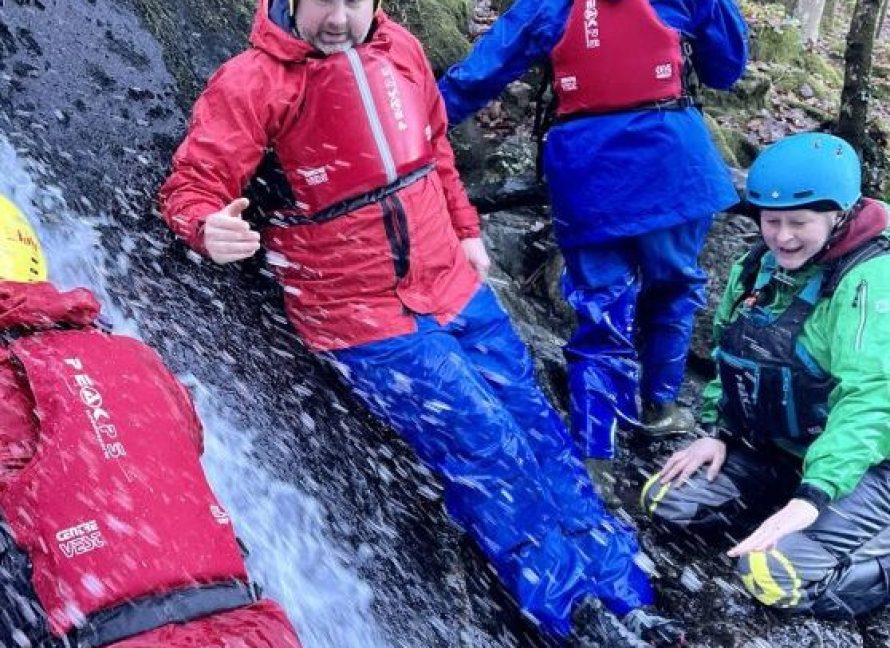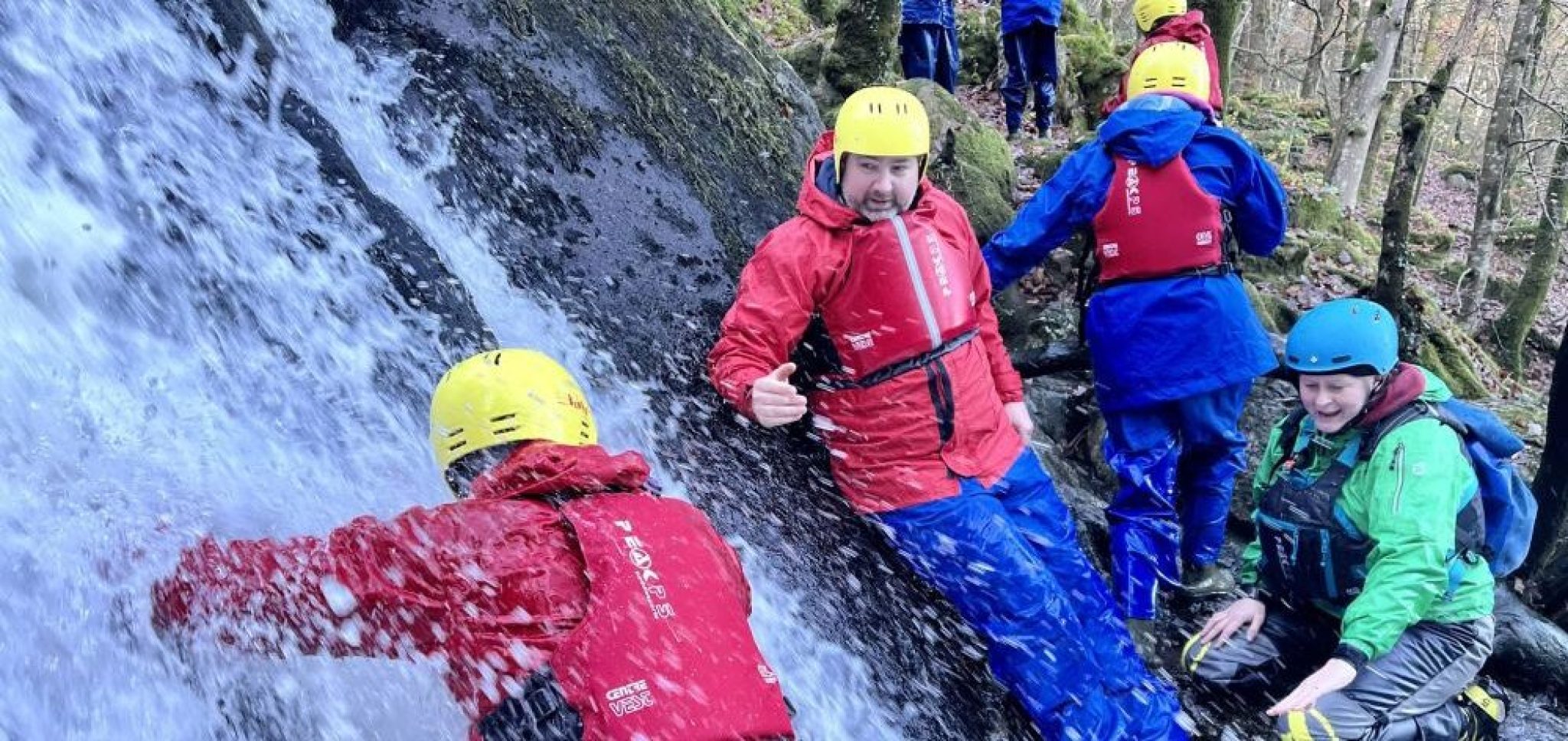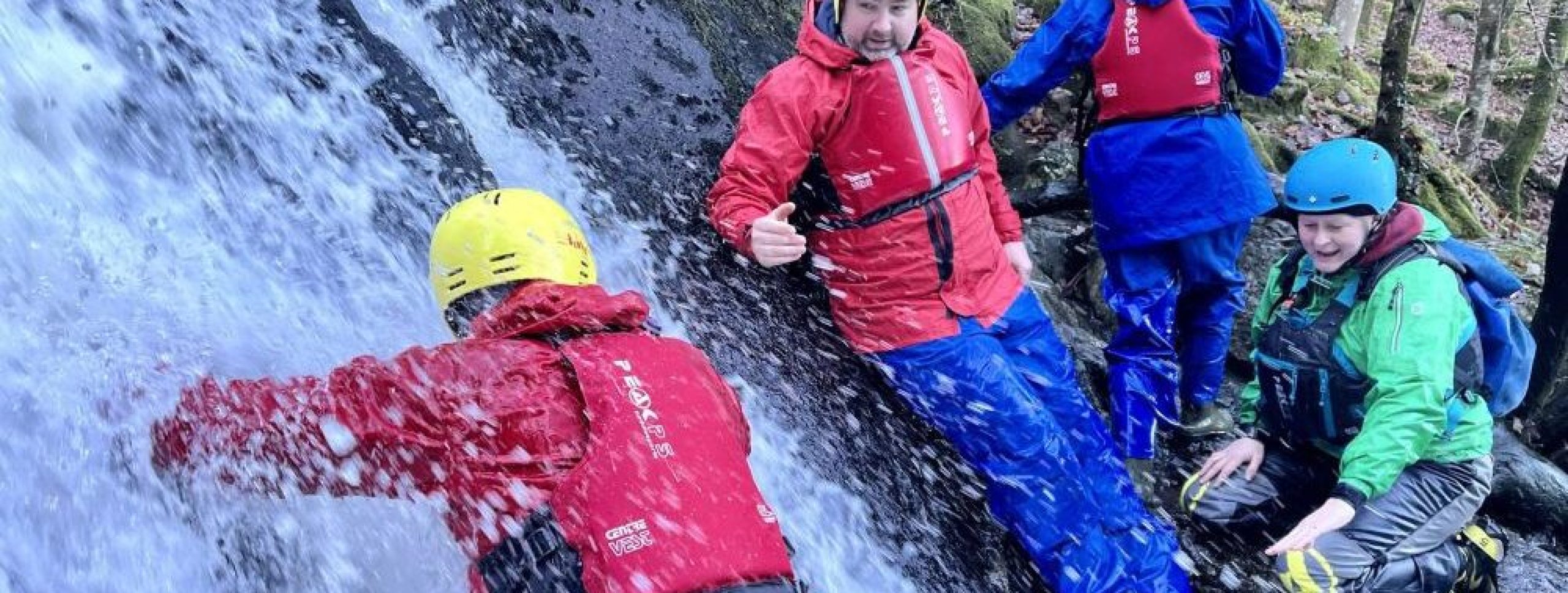Finding meaningful ways to engage and develop both young and old minds is increasingly important. Outdoor learning centres provide unique opportunities for people of all ages to step outside their daily routines, connect with nature, and participate in hands-on, experiential learning. Whether it’s children exploring the natural world, adults engaging in team-building exercises, or seniors staying active, outdoor learning centre activities offer a wide range of benefits for physical, mental, and social well-being.
- Physical Health and Fitness
Outdoor learning centres encourage physical activity through engaging and enjoyable activities. Whether it’s hiking, canoeing, zip-lining, or participating in obstacle courses, these experiences promote movement and exercise for everyone involved. This is especially important in an era where many people, particularly children and adults, lead sedentary lifestyles.
- For children, these activities help develop gross motor skills, coordination, and strength.
- For adults, outdoor learning offers a refreshing break from the gym, providing exercise in a fun, natural environment.
- For seniors, gentle activities like nature walks or light outdoor games help maintain mobility, flexibility, and cardiovascular health in a low-impact, supportive setting.
Regardless of age, staying active through outdoor learning has profound benefits, including increased stamina, better cardiovascular health, and an overall boost in physical fitness.
- Mental Health and Well-being
The mental health benefits of spending time outdoors are well-documented. Research shows that being in nature reduces stress, improves mood, and can even enhance cognitive function. Outdoor learning centres provide a calm, natural environment that encourages relaxation, mindfulness, and a sense of peace.
- Children and teens often face academic pressure, social anxiety, and screen-time fatigue. Outdoor activities offer a much-needed mental break and can improve focus, creativity, and emotional resilience.
- Adults are also subject to stress, whether it’s from work or personal life. Outdoor learning experiences help them reset mentally, providing relief from the demands of modern living.
- For older adults, spending time outdoors has been linked to improved mental clarity, memory, and a lower risk of mental decline. The serene environment helps reduce anxiety, depression, and feelings of isolation, especially for seniors who may feel disconnected from others.
The natural setting of outdoor learning centres creates an environment conducive to mental rejuvenation, making them valuable spaces for people of all ages to refresh and recharge.
- Developing Lifelong Learning and Curiosity
Outdoor learning centres foster curiosity and a love for learning, which is beneficial throughout life. The hands-on, experiential learning approach encourages participants to ask questions, explore new ideas, and discover things for themselves.
- For children, outdoor learning nurtures a sense of wonder about the world. Whether learning about ecosystems during a forest exploration or understanding physics through a rock-climbing challenge, kids gain practical knowledge that enhances their academic learning.
- For adults, outdoor learning offers a break from routine and the chance to learn new skills or rekindle old interests. Many centres offer workshops in survival skills, gardening, or environmental science, sparking curiosity and self-improvement.
- For seniors, outdoor learning helps keep the mind sharp and engaged. Activities like bird watching, gardening, or even art in nature provide opportunities to learn, create, and stay mentally active well into old age.
The immersive and hands-on nature of outdoor education allows participants of all ages to continue learning in a dynamic and exciting way, encouraging lifelong curiosity and growth.
- Enhancing Social Connections and Teamwork
One of the greatest benefits of outdoor learning is the sense of community it fosters. Many activities are designed to encourage collaboration, communication, and problem-solving, making outdoor learning centres ideal for people to build strong social bonds.
- For children, group activities such as scavenger hunts or team sports teach important social skills like communication, cooperation, and conflict resolution. These skills translate into better teamwork and relationships at school and home.
- For adults, especially in a workplace setting, outdoor learning centres provide team-building exercises that improve collaboration, trust, and leadership. Outdoor challenges often require working together to achieve a common goal, helping colleagues develop stronger connections and better work dynamics.
- For older adults, social interaction is crucial in maintaining mental and emotional health. Outdoor learning centres provide opportunities for seniors to meet new people, share experiences, and form friendships, which can help combat loneliness and social isolation.
The shared experiences of outdoor learning help build meaningful relationships, foster teamwork, and strengthen communities across all generations.
- Building Resilience and Confidence
Outdoor learning often involves overcoming challenges, which builds resilience and self-confidence in participants of all ages. Facing and overcoming physical and mental obstacles helps develop a growth mindset, where people learn to see challenges as opportunities rather than setbacks.
- Children learn resilience through trial and error, whether it’s navigating a new terrain or figuring out how to work together to solve a problem. These lessons translate into greater self-confidence and perseverance in academic and social situations.
- Adults often find outdoor challenges to be a way to break through personal or professional barriers. Completing a demanding activity, such as a high ropes course, can instil a sense of accomplishment and confidence that carries over into other areas of life.
- For seniors, staying active and engaged in challenging activities helps maintain confidence in their abilities. Accomplishing tasks outdoors, no matter how small, can boost self-esteem and encourage a positive outlook on aging.
By providing opportunities to test limits, take risks, and succeed, outdoor learning centres help participants of all ages build the resilience and confidence needed to face life’s challenges.
- Fostering Environmental Awareness and Stewardship
Outdoor learning centres provide direct contact with nature, which fosters a deep sense of environmental awareness. Participants learn about ecosystems, wildlife, and sustainability practices through immersive activities, fostering a connection to the natural world.
- For children, these lessons help cultivate a lifelong sense of responsibility for protecting the environment. They gain an understanding of how human actions affect the natural world and how they can contribute to conservation efforts.
- Adults also benefit from this enhanced awareness, which can translate into more sustainable lifestyle choices. Outdoor learning often introduces them to practices like composting, reducing waste, or sustainable farming techniques that they can apply at home.
- For seniors, outdoor learning provides an opportunity to reflect on their relationship with nature and pass on valuable lessons about environmental stewardship to younger generations.
Cultivating an appreciation for the environment is a benefit that spans all ages, promoting a shared responsibility to protect and preserve the planet for future generations.
Outdoor learning centre activities are truly beneficial to people of all ages. From children learning new skills and adults finding stress relief, to seniors staying engaged and active, outdoor learning centres play a vital role in personal development and community building for everyone.
